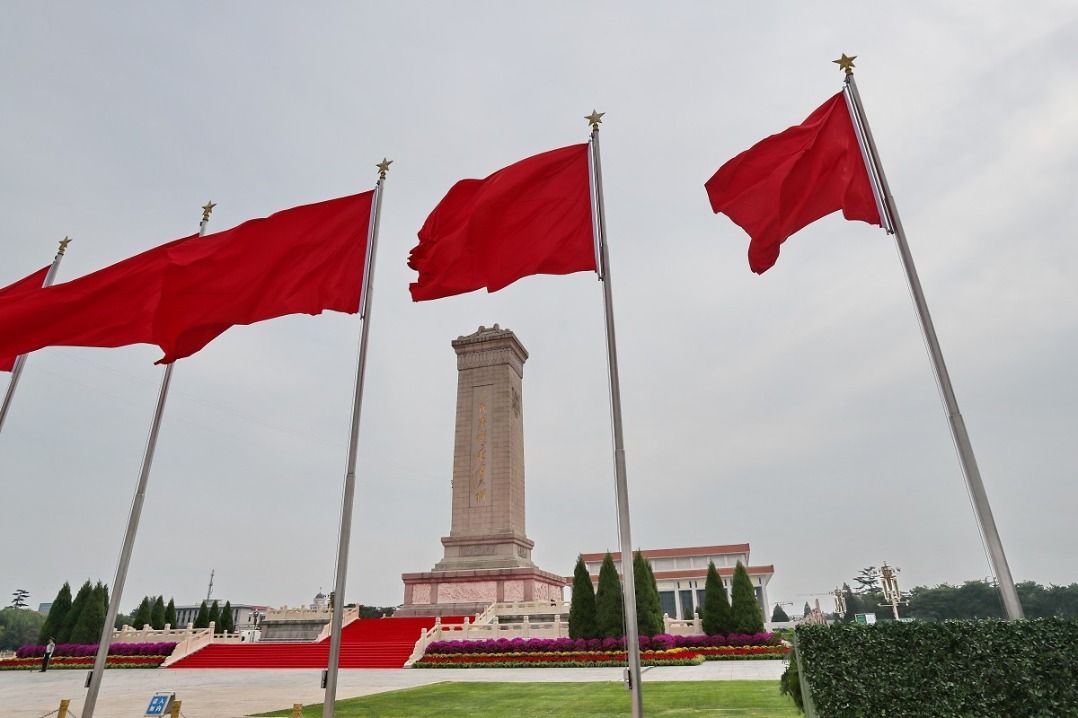Chinese funds help energize Global South
Products, services, tech ... all make big difference to BRI, RCEP economies


What could be the next growth opportunity for Chinese companies? For many, the answer is operating overseas.
There was a time when Chinese companies operating overseas focused on building roads, ports and bridges. This was followed by forays into textiles, cement, food processing and power generation.
Today, Chinese firms, especially those engaged in sectors like high-end manufacturing and trade-in services, are adapting their strategies to better align with the changing global market environment.
For instance, Chinese automaker BYD will invest around $1 billion to build a plant in Turkiye, according to information released by the Turkish Ministry of Industry and Technology in early July.
With an annual capacity of 150,000 vehicles as well as armed with a research and development center, the factory will be operational in late 2026. It will create as many as 5,000 jobs in Turkiye, which is in a Customs union with the European Union. This allows vehicles to be exported to the bloc without tariffs.
JinkoSolar Holding Co Ltd, a Chinese solar panel producer with 14 production bases across the world, also announced in mid-July that it will form a joint venture in Saudi Arabia with local partners.
The joint venture will build and operate a high-efficiency solar cell and solar module factory in the kingdom. The manufacturing facility is expected to have a total investment amount of $1 billion.
"This move will further help us optimize our global manufacturing and marketing infrastructure, as well as enhance our competitiveness," said Li Xiande, JinkoSolar's chairman and CEO.
Over the past five years, with the global landscape evolving rapidly, Chinese businesses' pace of going global has notably accelerated, especially for private companies, said Edward Au, southern region managing partner at Deloitte China.
Owing to their superior technological advantages, strong brand equity and high cost barriers, a large number of Chinese companies have expanded internationally, according to a white paper recently released by Deloitte China and several partners.
Similar views were shared by Ye Dingda, chief economist of the Beijing-based China Machinery Industry Federation. "Facing fierce competition from their foreign and domestic rivals within China, many Chinese companies' focus on international expansion is becoming a common theme as they seek to tap new opportunities and diversify their revenue streams outside China," said Ye.
By leveraging their competitive advantages and exploring untapped markets, Chinese firms are positioning themselves as key players on the global stage, driving growth through strategic investments and partnerships abroad, he said.
























